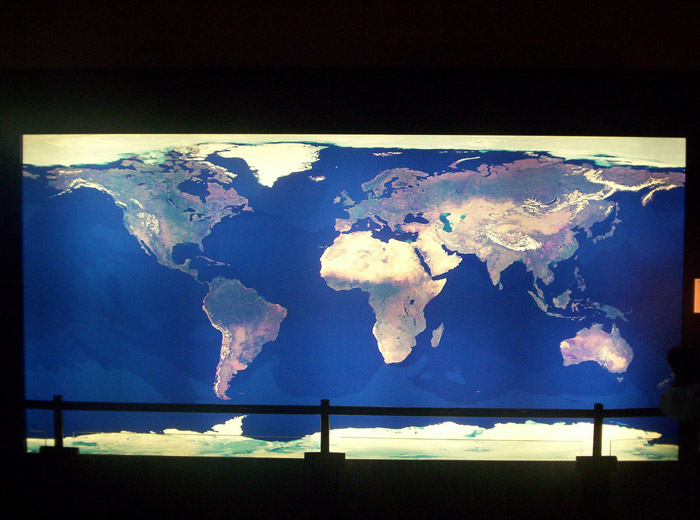Q&A: Achim Steiner on expectations for Rio+20
In Rio, equity and sustainability will be central parameters of thinking about the future of our economies. That allows us to address some of the crises before this [current economic] crisis. Some of the problems we are facing did not begin with the banking, financial or debt crises; they were beginning to be visible and driving our economies and societies beforehand.
We have to make the link between the broader sustainable development agenda, which to some may seem a little bit abstract, and the very real crises of the moment but also not to simply get stuck in the symptoms. That’s why I think both themes that have been chosen for Rio are potentially extremely relevant: the green economy because it really does seem to be a more focussed accelerated transition in our economic systems; and also the institutional framework for sustainable development ― that’s the second theme ― which is essentially multilateral code language for how on earth are we going to actually work together in the architecture we have built up since the Second World War?
Can the idea of a green economy take root worldwide?
Let’s acknowledge first of all that we live in economic times, and that economics in the broader sense of the word is one of the key means by which we make decisions in our society, whether you call it GDP growth, or you call it inflation or money supply or return on investment.
How do you capture the value of nature and its services in an economic context? Our systems of national accounting are so narrow and crude that they would actually value a forest fire possibly higher ― because of all the emergency services’ expenditures and the reconstruction of houses ― than the actual loss of that forest ecosystem because of that fire, because we have no way of capturing the value of natural wealth to our economies.
You might well say we have done rather well without that in the last 200 years or 1,000 years where we could always turn to the next forest, the next valley, the next river. But the world today with 7 billion people has run out of places to turn to and therefore it needs to start managing, the priority being on sustainability.
So will that mean a debate in Rio on a new definition of GDP: green GDP?
Definitely. As usual, I don’t think they will reach a single definition right there. But I think they will set a new system in motion in two, three, five years time. A lot of work needs to be done, but it’s less than many think, because GDP is actually a remarkably crude indicator.
What will be the role of the private sector in pushing for this new green economy?
While still competing very much on good ideas, technologies and patents the private sector is actually very conscious that in the context of climate change there are so many risks now inherent in terms of the impact of climate change but also the uncertainty. Is it going to be a low–carbon economy? Do we invest in coal–fired power station or rather adapt to wind?
On the natural resources front, supply chains are becoming more and more vulnerable. Risk is becoming more pronounced for many businesses. Food–price markets are fluctuating violently because of extreme weather events.
People recognise the risks of environmental degradation: climate change, loss of ecosystems, scarcity of water and land to produce food. These are all factors that are putting the economy on a more unstable path, and that is why businesses with a degree of longer–term vision and strategy are increasingly looking to governments to address those risks. And they can be addressed only through the kind of scalable responses, such as moving from fossil fuels to renewables, that no individual business actors can actually bring about.
A well–functioning market is actually a regulated market, funnily enough, and not a Milton Friedman notion of 30 years ago of the less government the better. That is definitely emerging.
Original article published at www.uncsd2012.org

